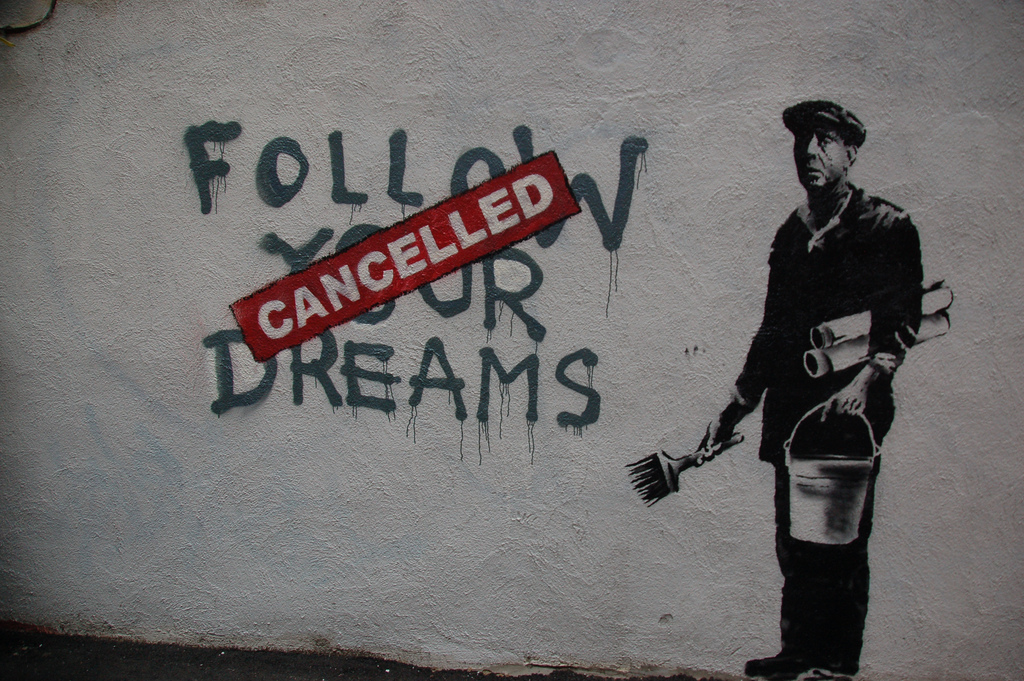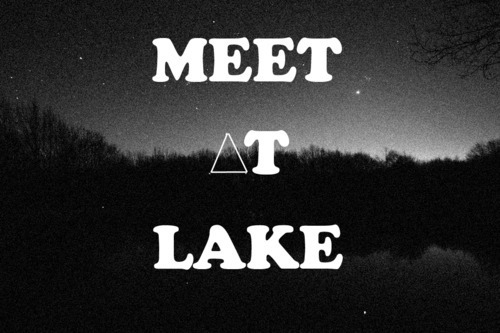Javier Solis
September 8th,
2013
Luke Skywalker:
The Modern Beowulf
Heroes frequently live in
immortality. While they might die, the stories of their heroism outlive them
for centuries, perhaps even millennia, to captivate the ears of new listeners.
These heroes give us an insight on the traditions and values of the culture
that created them. Beowulf is often regarded as such a symbol of Scandinavian
and early English culture. A more contemporary rendering of Beowulf would be
Luke Skywalker. Both Beowulf and Skywalker are courageous, selfless, and act as
windows into their respective cultures.
Beowulf and Luke are both
selfless heroes. Neither of them had to go and do what they did. Grendel wasn’t
terrorizing Beowulf’s domain. The Imperial Army was not threatening Luke or his
livelihood. Both Beowulf and Luke went out of their way to defeat an evil
(Grendel and the dragon and the Imperial Army respectively) to save the lives
of others. Grendel was eating Hrothgar’s men while the Imperial Army was being tyrannical
and oppressing its own citizens. They both did what was right and reaped the
recognition from it. While they were selfless, they both understood that their
actions would propel them into immortal fame and recognition.
Both characters, as strong and
brave as they are, relied on the support of their friends and allies. Luke
would have been unsuccessful in decimating the Imperial Army and Emperor
Palpatine had his comrades not knocked down the Death Star’s defenses on Endor
while Han Solo destroyed the second Death Star’s main reactor. Similarly, Beowulf
would not have been able to slay the dragon that threatened his kingdom if it
wasn’t for Wiglaf who shielded Beowulf from the dragon’s flames and proceeded
to kill the dragon.
Beowulf
was never flat out described; the author never gave us his physical attributes
or his personality. Rather, the reader inferred them through the character’s
actions and dialogue as well as how other characters treated them. Through the
use of indirect characterization, Beowulf surpasses the status of being simply
a human, but becomes a symbol; a symbol of ancient Scandinavian culture. By
transforming Beowulf into a symbol, the readers can imply that courage,
bravery, and selflessness were three attributes that ancient Scandinavia valued
greatly.
Luke
Skywalker comes from humble origins. His adoptive parents are simple folks that
own a moisture farm on the desert planet of Tatooine. Despite these simple
origins, Luke does something when faced with something that he sees as wrong
and evil. He is symbolic of doing everything to the best of your ability and
refusing to surrender in the face of adversary, traits that are valued in our contemporary
society.
Since Beowulf formed in an age when
Christianity started to become widespread and replacing paganism in many European
cultures, he became a symbol that represented Christianity and good while
Grendel represented paganism evil. Like with Jesus, there were people who
questioned Beowulf’s ability (namely, Unferth), but Beowulf prevailed
regardless. There are also various times in the text where Beowulf thanks God
or makes illusions to Christianity and the Bible, such as comparing Grendel to
Cain.
Luke Skywalker is also representative of
Christianity, serving as a Jesus-like figure while Emperor Palpatine represents
Satan. Much like how Satan lured Jesus to worship him return for all the
kingdoms of Earth, Palpatine tempted Luke into turning into the Dark Side in
return for a ruling hand in the Empire. Both Jesus and Luke fought temptation and
refused. The battle between the light side of the force (Luke and the Jedi) and
the dark side of the force (Palpatine and the Imperial Army) is symbolic of Armageddon:
the final battle between good and evil. Much like in Christianity, good
(Skywalker) prevailed over evil (Palpatine) and now good will reign for
eternity as evil has been vanquished.
The monsters that Beowulf battles
in the epic all have allegorical meaning behind them. For example, Grendel is said
to have descended directly from Cain, who murdered his brother Abel out of
jealousy. Grendel represents evil and the killing of others. The battle with
the dragon is allegorical in the way that the dragon symbolizes any arduous task
all heroes must surpass to prove their true worth. The battle with the dragon
also results in the death of Beowulf, which is symbolic of however strong one
may seem, death is inevitable. Star Wars and Luke Skywalker are allegorical in
the sense that the ill-armed and heavily outnumbered rebels take down the
galaxy’s tyrannical overlords with the help of a brave man with humble origins.
It is symbolic of persistence and perseverance despite staggering odds against
you.
Hundreds of years from now, if
humans haven’t gone extinct, they will look back on late 20th to
early 21st century culture and see Luke Skywalker as a symbol of our
times and values, much like how our society looked at Beowulf. Both characters
are symbolic of Christianity, bravery, courage, and selflessness.




